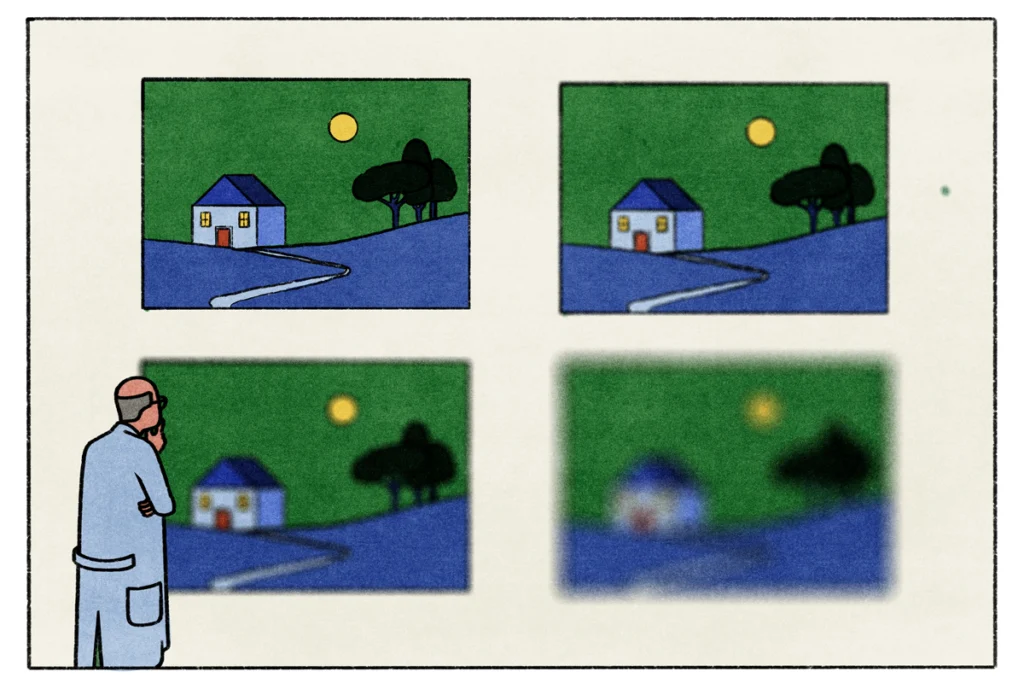Klaus Kremmerz
Illustrator
From this contributor
Building an autism research registry: Q&A with Tony Charman
A purpose-built database of participants who have shared genomic and behavioral data could give clinical trials a boost, Charman says.

Building an autism research registry: Q&A with Tony Charman
Why (and how) we need to professionalize neuroscience
Moving away from the field’s do-it-yourself ethos and embracing professional technical expertise will make research more efficient.
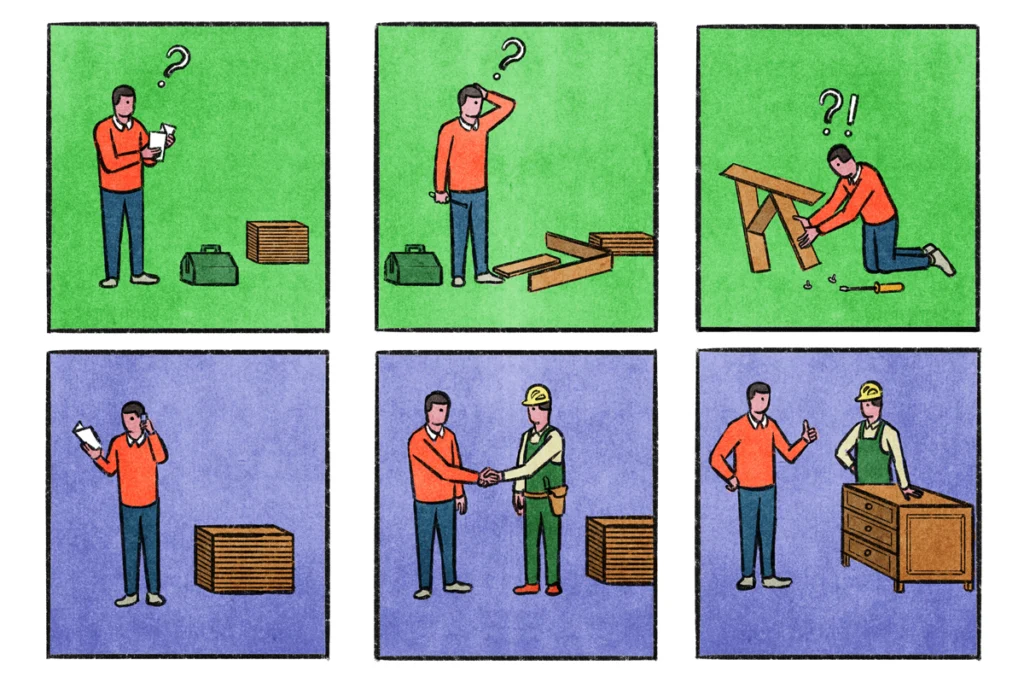
Why (and how) we need to professionalize neuroscience
What are we talking about? Clarifying the fuzzy concept of representation in neuroscience and beyond
To foster discourse, scientists need to account for all the different ways they use the term “representation.”
Ruth Carper: Imaging the aging brain in autistic adults
Few studies have tracked how brain structure and function change across adulthood in people with autism. Carper and her colleagues are collecting data to fill this gap.
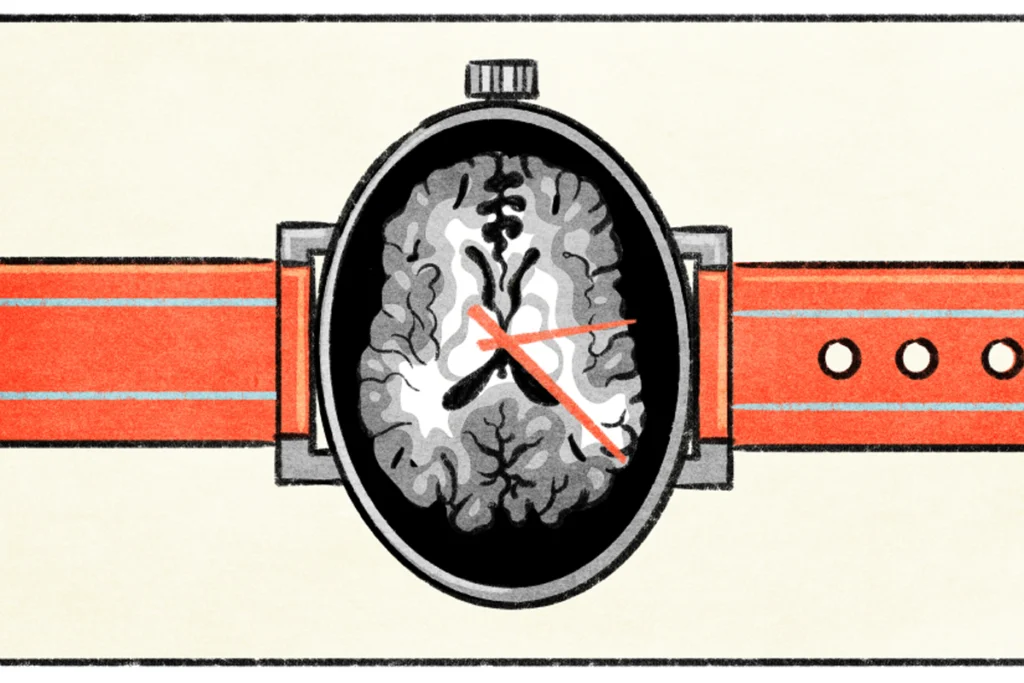
Ruth Carper: Imaging the aging brain in autistic adults
Decisional capacity and informed consent, explained
To include more autistic people in research, here's what scientists need to know about informed consent procedures for study participants who have impaired decision-making capacity.
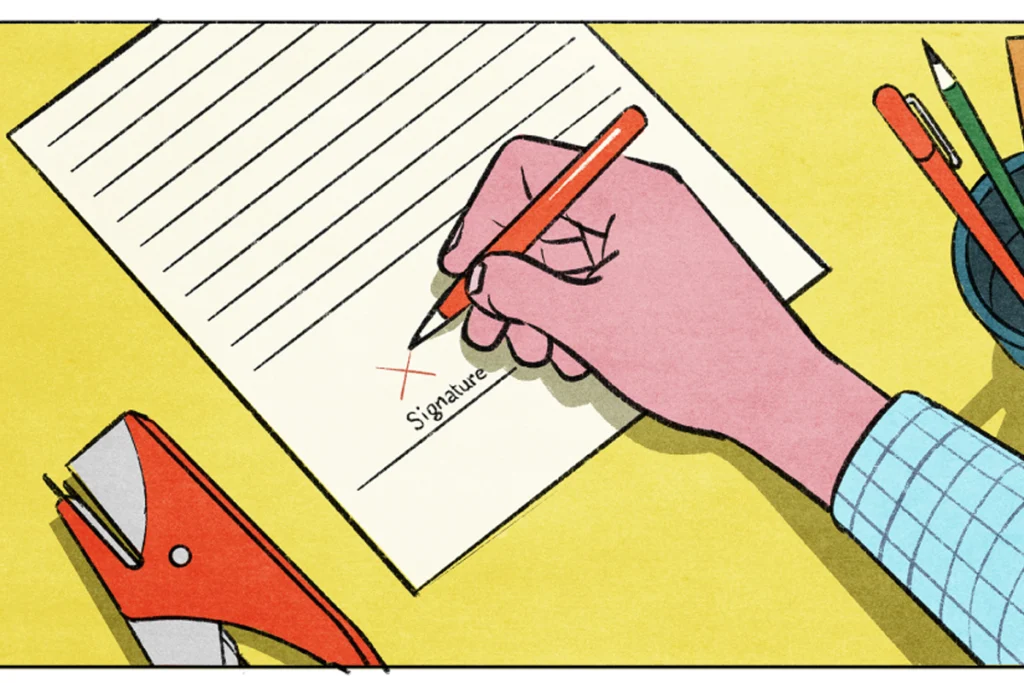
Decisional capacity and informed consent, explained
Explore more from The Transmitter
Marcelle Lapicque: A forgotten pioneer in neuroscience
Lapicque was the first Black woman neuroscientist in Europe, new research suggests.
Marcelle Lapicque: A forgotten pioneer in neuroscience
Lapicque was the first Black woman neuroscientist in Europe, new research suggests.
In-vivo base editing in a mouse model of autism, and more
Here is a roundup of autism-related news and research spotted around the web for the week of 23 February.
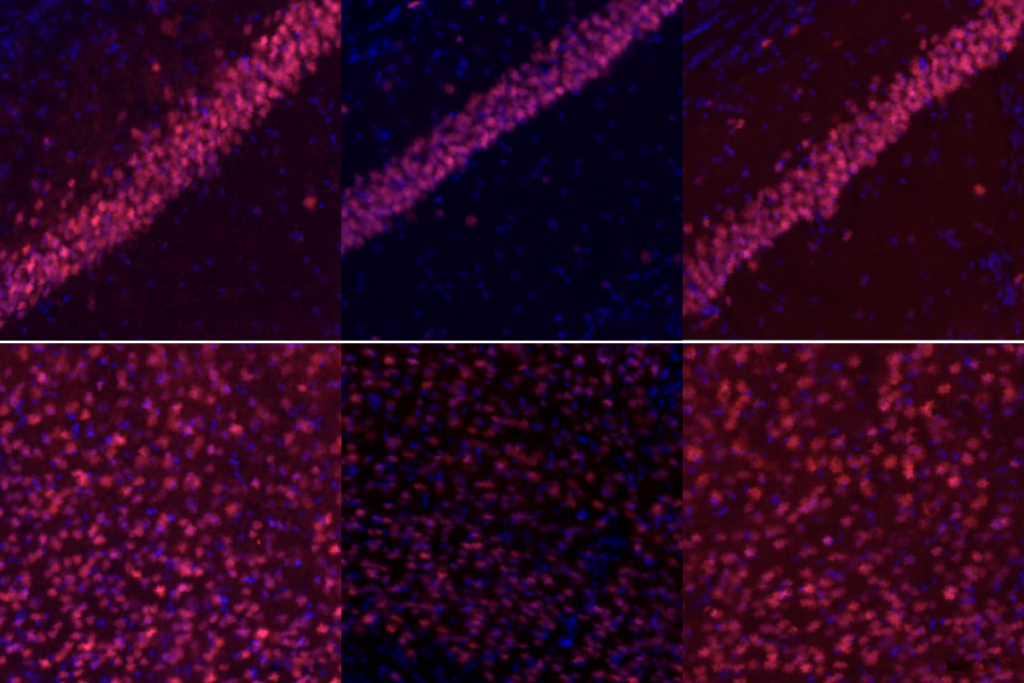
In-vivo base editing in a mouse model of autism, and more
Here is a roundup of autism-related news and research spotted around the web for the week of 23 February.
Infant visual system categorizes common objects by 2 months of age
Brain activity patterns in the ventral visual cortex appear to distinguish images across 12 categories, including birds and trees, longitudinal functional MRI scans suggest.
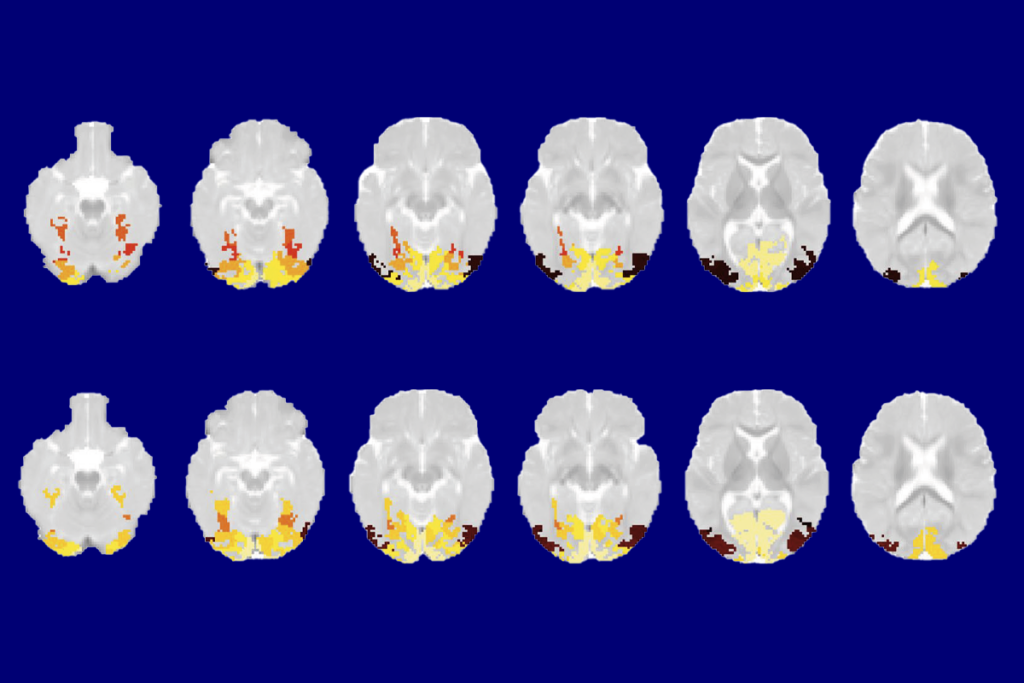
Infant visual system categorizes common objects by 2 months of age
Brain activity patterns in the ventral visual cortex appear to distinguish images across 12 categories, including birds and trees, longitudinal functional MRI scans suggest.
